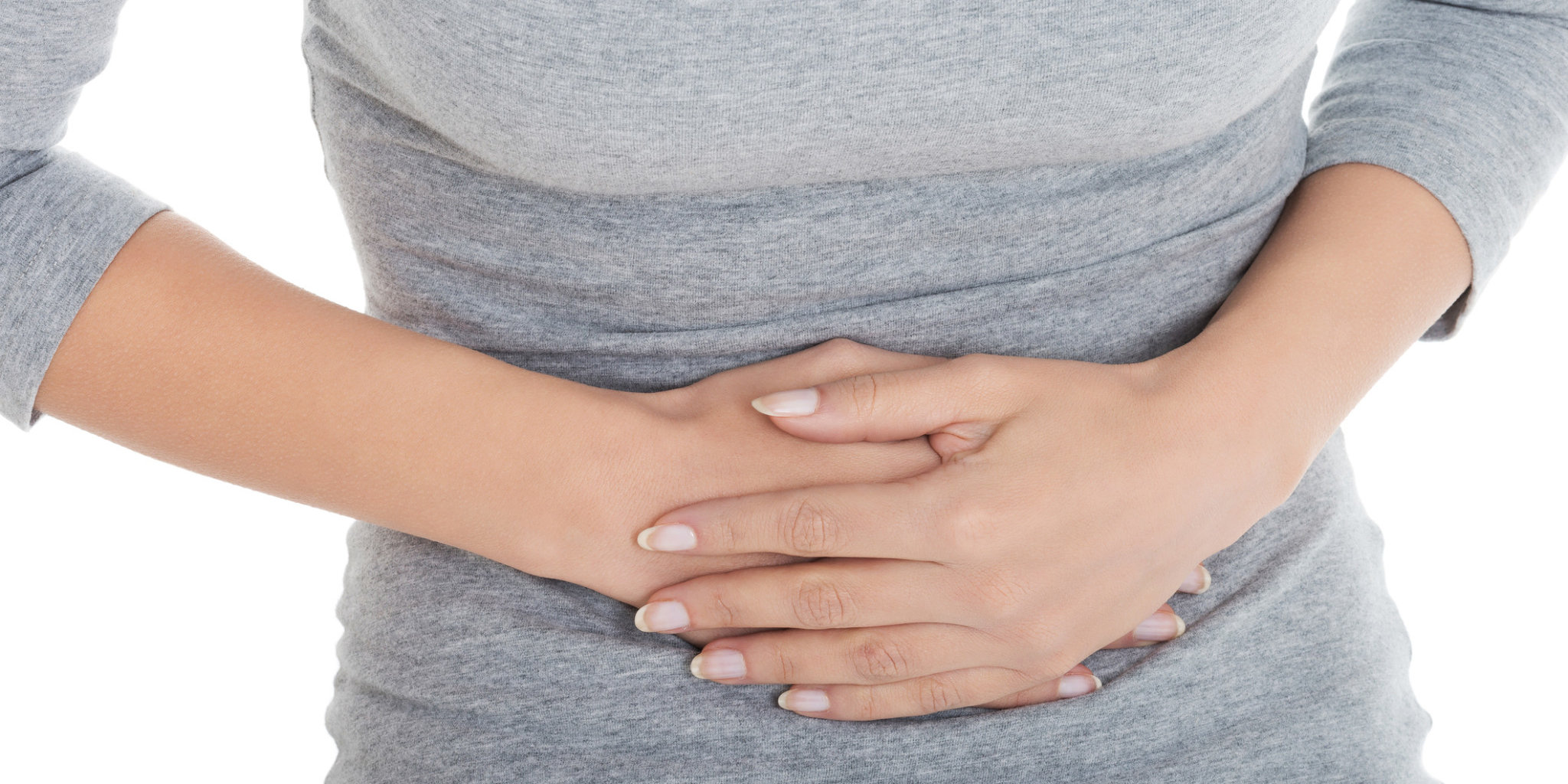How to Reduce Bloating Naturally: Causes, Gut Health, and a 3-Step Digestive Solution
If you feel bloated from time to time, you’re not alone. Many people experience a feeling of fullness or abdominal pressure throughout the day after eating, drinking, or exercising—and in most cases, this is completely normal. However, frequent or excessive bloating may signal an imbalance in your digestive system.
The good news is that with a few simple changes to your diet and lifestyle, you can often reduce bloating and improve overall gut health. This guide explains what causes bloating, how your gut microbiome plays a role, and the most effective natural strategies to support healthy digestion.
What Causes Bloating?
Bloating is commonly caused by excess gas in the digestive tract. This gas is produced by the microorganisms that live in your gut, collectively known as the gut flora or gut microbiome.
The Role of Gut Flora in Digestion
Your gut flora help protect your body from harmful microorganisms and play a major role in breaking down food. When your digestive system doesn’t fully digest certain food components, these bacteria step in to ferment what’s left behind. This fermentation process produces gas, which can build up and lead to bloating and discomfort.
Modern lifestyle habits can make this worse. Eating quickly, relying on highly processed foods, and drinking sugary or carbonated beverages can all increase the amount of undigested material in your gut—leading to more gas production and digestive discomfort.
Your 3-Step Solution to Reduce Bloating
Follow these three foundational strategies to support digestion, balance your gut microbiome, and minimize excess gas.
Step 1 — Avoid Giving Fuel to Gas-Producing Bacteria
Certain foods are more likely to cause bloating, especially if your body has difficulty digesting them. Consider limiting or avoiding:
- Dairy products if you are sensitive to lactose, such as milk or ice cream
- Simple sugars and sugary drinks, including soda and sweet treats, which can overwhelm your digestive system and feed gas-producing bacteria
- High-fiber and cruciferous vegetables like beans, broccoli, cabbage, cauliflower, and onions, which can be harder to digest for some individuals
Paying attention to how your body responds to specific foods can help you identify personal triggers for bloating.
Step 2 — Optimize Your Digestion
As we age, our natural production of digestive enzymes can decrease, making it harder to fully break down certain foods. Supporting digestion can help reduce the amount of undigested material that reaches your gut bacteria.
Ways to improve digestion include:
- Using digestive enzymes like those in EZ-Gest® to help break down proteins, carbohydrates, and fats, especially in hard-to-digest foods like beans and high-fiber vegetables*
- Using digestive enzymes to help break down proteins, carbohydrates, and fats, especially in hard-to-digest foods like beans and high-fiber vegetables*
- Eating slowly and mindfully, which allows your body more time to properly process food
- Choosing whole, minimally processed foods to support smoother digestion
Step 3 — Optimize Your Gut Flora
A healthy balance of gut bacteria can reduce the production of irritating gas and support overall digestive and immune health.
Add Probiotic Foods
Probiotics introduce beneficial bacteria into your digestive tract. While bacteria are responsible for gas production, “good” bacteria tend to produce less irritating gas and help maintain balance.
Probiotic-rich foods include:
- Kimchi
- Sauerkraut
- Yogurt
- Kefir
- Kombucha
You can also use a probiotic supplement like Optiflora® DI to help support digestive and immune health.*
Include Prebiotic Foods
Prebiotics are types of dietary fiber that feed the beneficial bacteria in your gut, helping them grow and thrive.
Common prebiotic foods include:
- Garlic
- Onions
- Asparagus
- Leeks
- Bananas
- Barley
- Oats
Prebiotic supplements like Optiflora® Prebiotic Complex can also provide additional support if needed.*
Additional Tips to Prevent Bloating
Several lifestyle factors can influence digestion and gas production:
- Stress and lack of sleep can interfere with normal digestive function
- Hormonal changes may affect how your body processes food
- Artificial sweeteners are known to cause gas and bloating for some people
- Regular exercise supports healthy digestion and can help reduce occasional sluggishness
When to Seek Medical Advice
Occasional bloating is common, but persistent or severe symptoms may indicate an underlying health condition. If you follow these strategies and still experience ongoing digestive discomfort, it’s important to consult a healthcare professional.
Reducing gas and bloating starts with supporting your entire digestive system—and taking care of your gut is an important step toward better overall health.
*These statements have not been evaluated by the Food and Drug Administration. This content is for informational purposes only and is not intended to diagnose, treat, cure, or prevent any disease.






